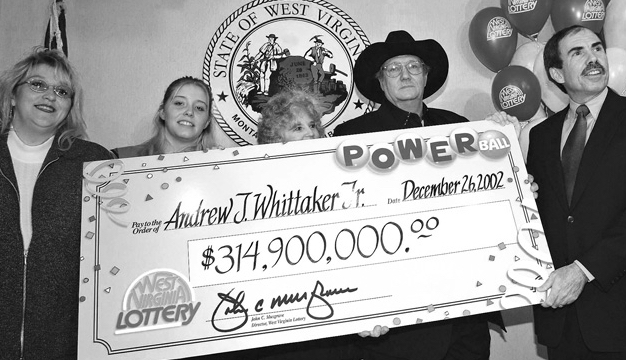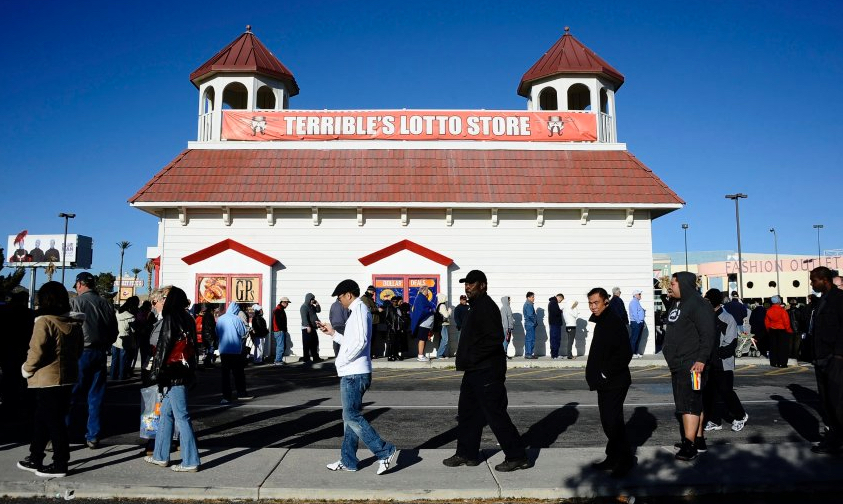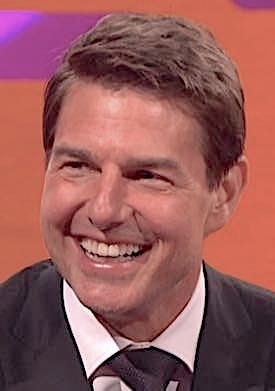Should you move to a lucky town because large numbers of lottery players win there?
/Sisters Pam Garretson (left) and Penny Fitzpatrick receive their $1M Powerball check from West Virginia Lottery Director John Musgrave. Photo: Lawrence Pierce
Sometimes you wonder if there seems to be a lucky lottery area. You notice each week that large numbers of players win in those places. But should you move there to take advantage of it for your own winning?
Take the USA as an example. At first glance it seems that West Virginia lottery players are on a roll.
While five other states have had more people win $1 million or more, West Virginia is No. 1 per capita, averaging one Powerball ticket worth $1 million for every 200,000 of its 1.8 million residents.
RELATED: This is the busiest lottery store in New York and here's the address
"It's just a lucky streak that we're on that's amazing," a West Virginia Lottery rep told WV Gazette. "We're just tickled to death to be able to create life-changing money for folks in the state."
West Virginia has had its share of grand-prize winners, too, with eight tickets matching six numbers in Powerball. Among those were Jack Whittaker, a West Virginia contractor who won a nearly $315 million Powerball jackpot in 2002.

Jack Whittaker and family at the Powerball presentation in West Virginia.
Five much more populous states have had more winners, but when taking population into account:
West Virginia is No. 1.
Vermont, with two Powerball millionaires and 626,630 residents, is second.
Louisiana, with seven winners and a population of 4.6 million, is third.
Susan Dennis, who hit a $1 million Powerball jackpot in February 2014, regularly buys lottery tickets at home in West Virginia. When buying outside the state those tickets always seem to come up empty.
"I think I just better stick with West Virginia," she said.

To share your prize with fewer winners, play well away from the popular spots.
OUR VIEW: Save your shifting money and stay put. Despite all the facts, the places that have more winners are the states with more players. Since the lottery is purely a numbers game, the larger number of players - not population - will determine the number of winners.
Owner John Ledda of Grove Gifts & Cards at his store till. Photo: Phil McCarroll
A Warilla Grove lottery store in Australia's New South Wales is another shop which claims this distinction after selling a major prize-winning ticket every year for over a decade.
But in fact, there is no such thing as a lucky shop. If you play in a so-called 'lucky' store in your town, you won't be any luckier than if you played at another shop with the least number of ticket sales.
It doesn't matter WHERE you buy your tickets. The numbers have no geographical preference. They don't all swoop down on some small town and decide to nest there.
Understand how the figures work and don't be fooled. Use a System that works, not the venue.
READ MORE: WV Gazette







































